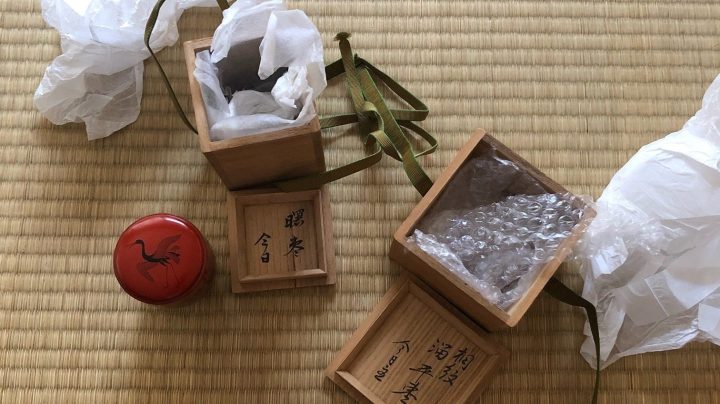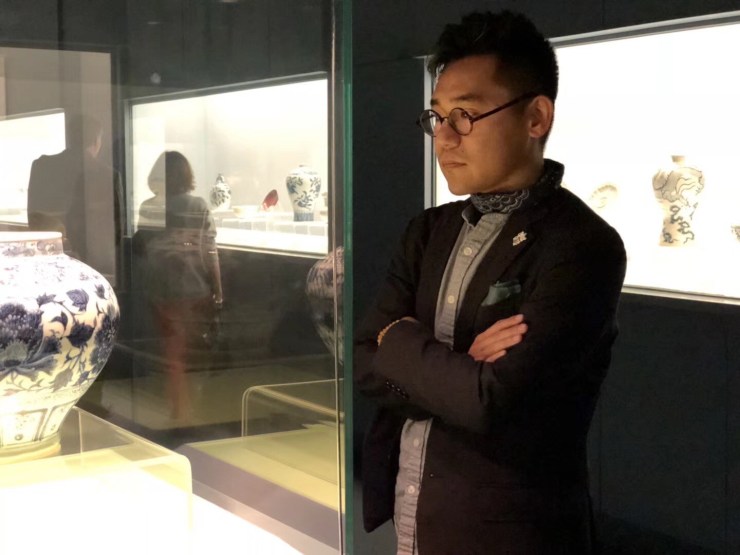
Can you teach an old antiques business new tricks?
Can you teach an old antiques business new tricks?

“My Economy” tells the story of the new economic normal through the eyes of people trying to make it, because we know the only numbers that really matter are the ones in your economy.
The pandemic has forced many businesses to innovate to survive.
Take Shippodo Fine Arts, a Japanese and Chinese antiques business in the San Francisco Bay area. Owner Ryosuke Ueda started selling his collection of antiques on eBay in 2007. Since then, his business has grown to offer consulting services, evaluating and appraising objects.
“A lot of customers were very curious about the history of the piece, the artist,” Ueda said. “Slowly, that based our transition to an online platform for people to get more information.”
During the pandemic, Ueda said he struggled to adjust to the changes faced by his business. Many antique shops that were central to his business model closed.
“Prior to the pandemic, antique dealers, if they needed merchandise, then they could call other dealers and say, ‘Do you have this object?’ And then a consignment would be done,” Ueda said. “But predominantly, many of these dealers were very advanced in their age, and so once the pandemic hit, they just ended up closing business for good, and I’ve lost the opportunity to consign my own objects to dealers that I always consigned with.”

Ueda said the supply chain has presented another challenge — especially when it comes to getting objects shipped over from Japan in a timely and cost-effective manner. Ueda said transit times have lengthened up to half a month.
“Through the pandemic, since the postal service in Japan had shut down, and many of the dealers had to transition from public sector to private sector-shipping, those costs increased for us almost about two to three times more than what the original cost was then,” Ueda said. “If customers can’t afford that much, then I have to transition into bulking the shipments and transit times lengthen due to that.”
While Ueda said he felt cautious about the future of his business, he’s hopeful that interest in antiques continues to grow.
“I hope for future generations that there will still be a sort of intellectual interest through the encounter of an antique, that they are able to wonder about different worlds, different places, different moments in past, present and future,” he said.
Let us know how your economy is doing using the form below, and your story may be featured on a future edition of “My Economy.”
There’s a lot happening in the world. Through it all, Marketplace is here for you.
You rely on Marketplace to break down the world’s events and tell you how it affects you in a fact-based, approachable way. We rely on your financial support to keep making that possible.
Your donation today powers the independent journalism that you rely on. For just $5/month, you can help sustain Marketplace so we can keep reporting on the things that matter to you.


















